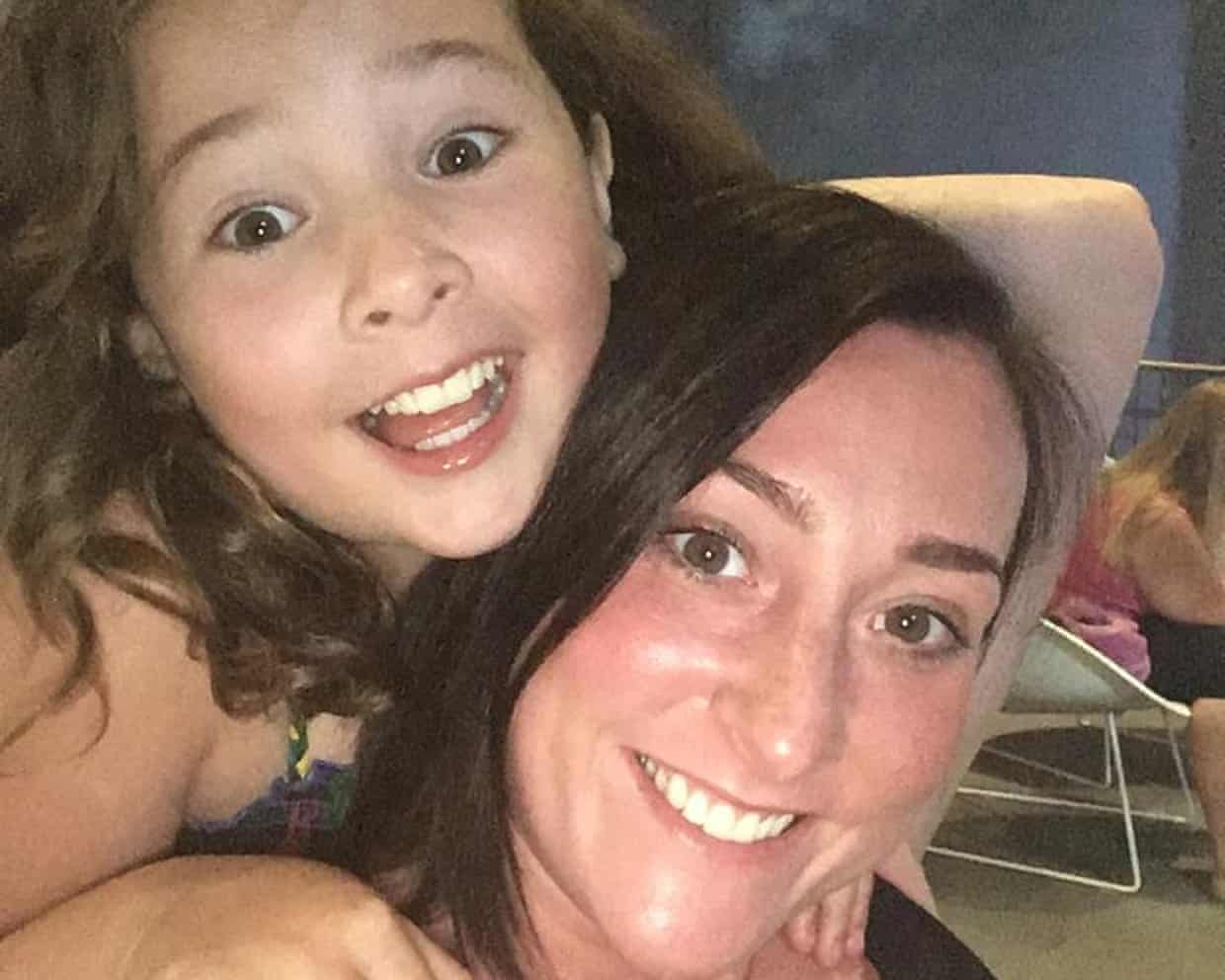
Mother blames Glasgow hospital bosses for girl's death after infection
by Libby BrooksMilly Main, 10, would be alive if water supply warning had been acted on, says her mother
The mother of a 10-year-old girl who died at a crisis-hit Glasgow children’s hospital has thanked the whistleblowers who told management of a high risk of infection only three weeks before she died.
Milly Main died in August 2017 after contracting an infection as she recovered from leukaemia treatment. Her mother, Kimberly Darroch, told BBC Scotland that she believed her daughter would still be alive if the Glasgow health board had taken action when it was first warned of the problems with the hospital water supply. “I’ve no doubt in my mind that Milly would be sitting beside me, right now,” she said.
Milly was one of two children who died at the Royal Hospital for Children after being treated on a cancer ward that was later closed because of concerns about water contamination. Speaking about the hospital on BBC Radio 4’s Woman’s Hour on Friday morning, Scotland’s first minister, Nicola Sturgeon, insisted: “Whistleblowers should absolutely come forward and my undertaking is that they should always be listened to.”
The latest allegations that warnings about infection risk at the children’s hospital were not acted upon were detailed by the Labour MSP Anas Sarwar during first minister’s questions on Thursday.
Sarwar said he had seen a report for the health board – completed the week the Queen Elizabeth university hospital, where the children’s hospital is based, opened in 2015 – which warned that the water supply was not safe and there was a high risk of infections.
Sarwar also revealed that only three weeks before Milly died, infection control doctors alerted management to concerns about line infections, escalating this to Health Protection Scotland and the Scottish government, and requested testing of the water.
Milly had been making a good recovery from cancer treatment when her Hickman line, a catheter used to administer drugs, became infected. A month after her death, an assessment of the water supply again found the water was not safe and that there was a high risk of infections.
On Friday, Sarwar called for senior managers at the health board to be moved aside. “The senior managers who ignored repeated warnings about the risk of infections at the hospital should not be in their posts today. Now that the health board is in special measures, senior managers must be moved aside, and a truly independent system put in place to run the hospital until public confidence is fully restored,” he said.
The health board insisted that the hospital campus had a “safe and effective water supply” and that all inspection reports had been acted upon.
But Sarwar also revealed he had seen figures that suggested there were 50 cases of infections at the Royal Hospital for Children between 2015 and 2018, and a further 15 unconfirmed cases so far this year.
NHS Greater Glasgow and Clyde, Scotland’s largest health board, was placed in the Scottish equivalent of special measures last Friday by the health secretary, Jeane Freeman, who announced a public inquiry into hospital building flaws in September when concerns about the children’s wards were first raised.
The inquiry will also consider safety issues at the new £150m children’s hospital in Edinburgh, whose opening was delayed after final inspections revealed serious concerns about its ventilation system.